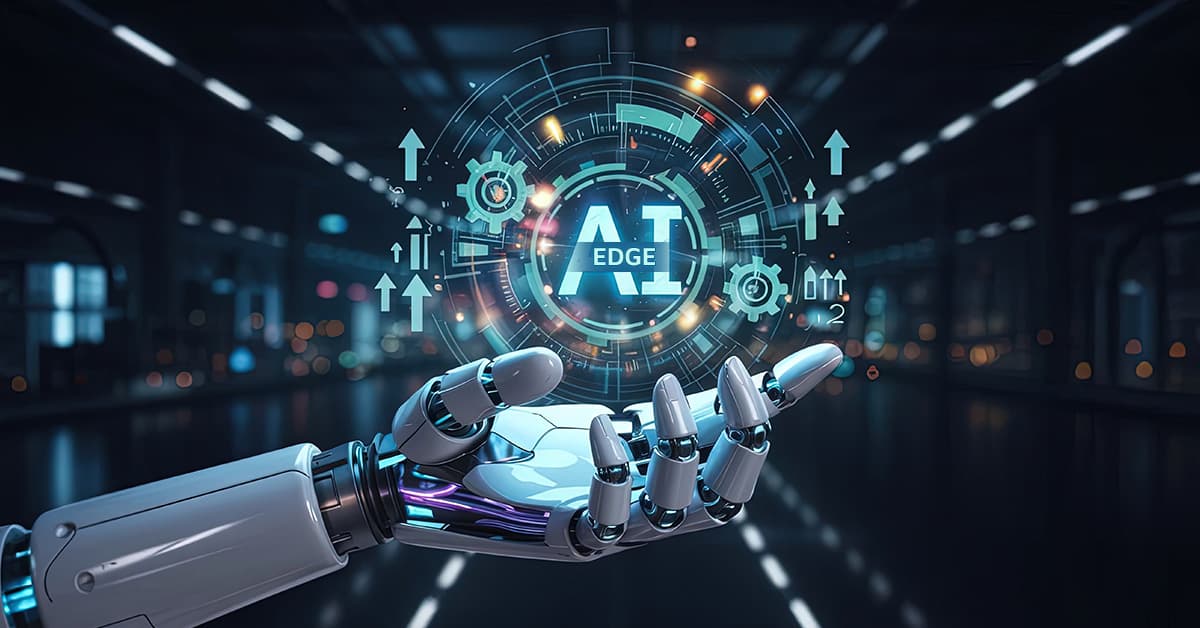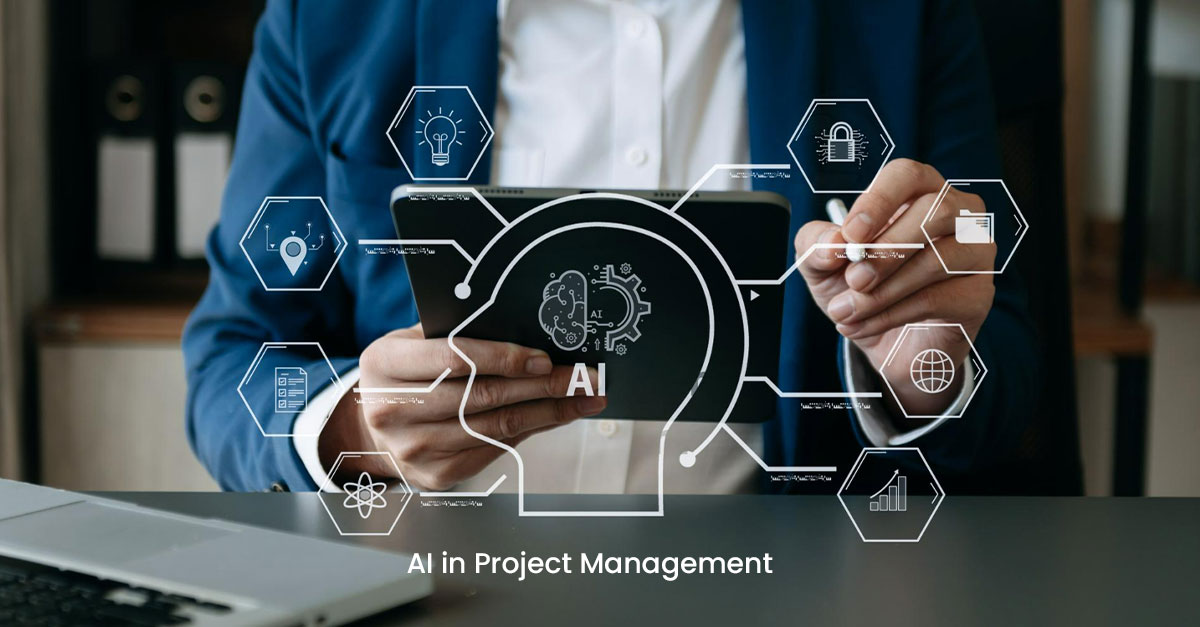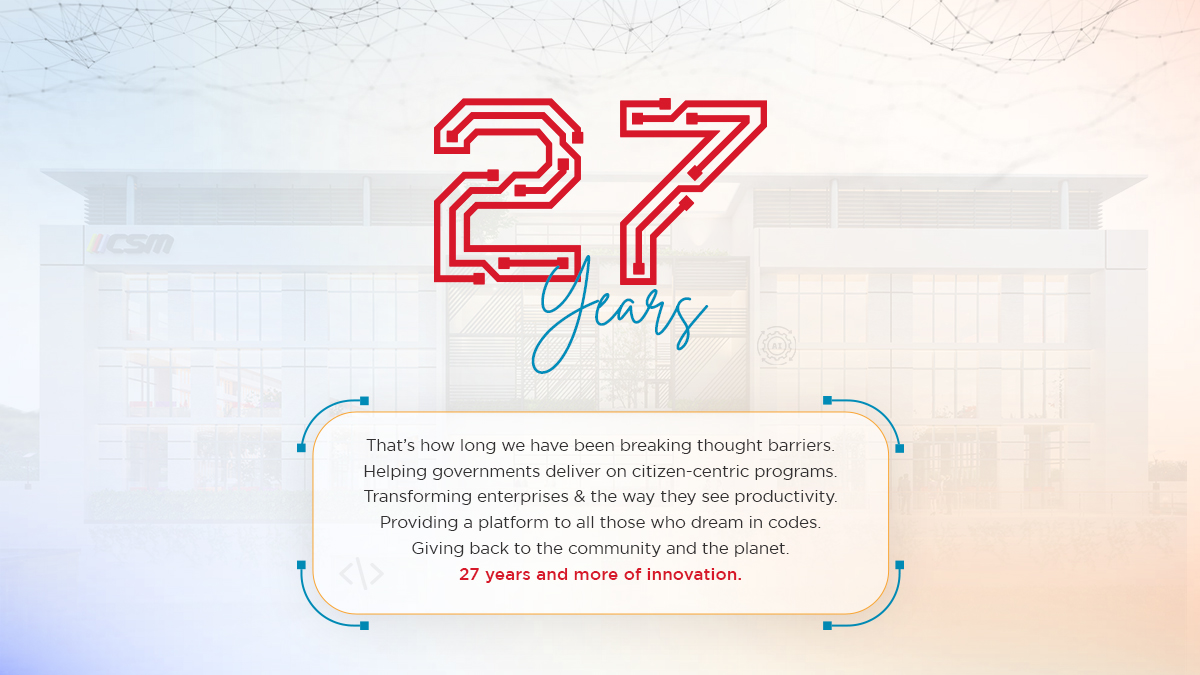Artificial Intelligence (AI) is revolutionizing Human Resources (HR) by introducing innovative solutions that streamline operations, enhance talent management, and improve employee experience. AI's ability to automate routine tasks, analyze vast amounts of data, and offer predictive insights allows HR departments to become more efficient and strategic. Whether it's recruiting the best talent, assessing performance, or fostering employee engagement, AI-driven tools empower HR professionals to make informed decisions and drive organizational growth. The artificial intelligence (AI) in the HR market is expected to proliferate in the coming years, with a projected market size of $27.3 billion by 2033.
.jpg)
Here are some key areas where AI is driving significant transformation in HR.
1. AI in Recruitment: From Screening to Onboarding
Recruitment is one of the most time-consuming aspects of HR, but AI-powered solutions are changing that. Tools like AI-driven Applicant Tracking Systems (ATS) are streamlining the hiring process by:
- Automated Resume Screening: AI swiftly filters resumes, identifying top candidates based on preset criteria.
- Predictive Hiring Analytics: AI predicts candidate performance, enhancing decision accuracy.
- Interview Scheduling & Chatbots: AI chatbots manage initial interactions and schedule interviews efficiently.
CSM Tech is enhancing recruitment efficiency by using AI-powered tools. AI-based CV rating analyzes applications in real-time, matching profiles with job descriptions for faster, data-driven shortlists. AI also rates interview recordings, providing objective scores that minimize biases. If discrepancies between AI and panel scores arise, a re-interview is recommended, ensuring more informed hiring decisions. By integrating AI, CSM makes recruitment more streamlined, fair, and accurate.
2. Performance Management with AI: Real-time Insights
Performance appraisals, traditionally conducted annually, are being transformed by AI. With real-time performance tracking tools, managers can monitor employee progress continuously. AI solutions in performance management provide:
- Real-time Feedback: AI can analyze performance data continuously, offering real-time feedback to employees and managers, facilitating timely interventions.
- Objective Appraisals: AI eliminates subjectivity by relying on data to assess employee performance, reducing biases in traditional reviews.
- Personalized Development Plans: AI can recommend personalized development plans based on an employee’s strengths, weaknesses, and career aspirations, helping HR teams tailor training and development programs.
IBM uses its AI-powered performance management system, "Watson Analytics," to predict employee performance based on historical data and provide personalized career development plans. This system also identifies employees at risk of leaving and suggests intervention strategies.
.jpg)
3. Employee Engagement and Sentiment Analysis
AI tools are increasingly being used to monitor and improve employee engagement. Through sentiment analysis and employee feedback surveys, AI can:
- Track Employee Sentiment: AI analyzes text from emails, internal chats, and surveys to gauge the workforce's overall sentiment and morale and identify issues early.
- Personalized Engagement Initiatives: Based on the data collected, AI helps HR teams tailor engagement initiatives, such as wellness programs, to individual needs or department-wide trends.
By understanding the organization's emotional pulse, HR can proactively address concerns and enhance employee satisfaction. Tata Consultancy Services (TCS) uses AI sentiment analysis tools to track employee morale through surveys and internal communication platforms. The system flags potential employee disengagement or frustration, helping HR initiate targeted engagement programs.
4. AI in Learning and Development (L&D)
AI is revolutionizing learning and development by offering:
- Personalized Learning Pathways: AI assesses employees' current skills and learning patterns to create tailored learning pathways and offer personalized course recommendations.
- Adaptive Learning: AI-driven platforms adjust the difficulty of training materials in real-time based on an employee’s learning progress, ensuring that learning remains challenging but achievable.
- Skill Gap Analysis: AI identifies skill gaps in the workforce and recommends specific training programs to close them, ensuring that the organization remains competitive.
This approach helps employees grow faster and stay engaged, leading to higher retention rates. PwC implemented an AI-based learning platform that customizes learning paths based on employees' skills and career goals. The system dynamically adjusts the training content as employees progress, ensuring each learner gets the most relevant and engaging material.
5. Diversity and Inclusion with AI
AI plays a crucial role in advancing diversity and inclusion initiatives by:
- Bias Reduction in Hiring: AI algorithms can be programmed to focus on skills and experience, minimizing unconscious bias during the hiring process.
- Tracking Diversity Metrics: AI helps track diversity metrics across the organization, identifying areas for improvement and suggesting interventions.
- Inclusive Employee Experiences: AI tools create personalized work environments that cater to employees' diverse needs, fostering a more inclusive workplace culture.
By promoting fairness and equity, AI ensures that diversity and inclusion become core components of HR strategy. Accenture employs AI algorithms to ensure diversity in hiring by anonymizing resumes during the screening process. CSM Tech uses AI-powered interview ratings to minimize bias and promote inclusivity by objectively scoring interviews. Discrepancies between AI scores and panel evaluations trigger re-interviews, ensuring fair assessments and supporting a diverse workforce.
In this way, AI helps HR teams stay compliant and manage risks more effectively.
Conclusion
The integration of AI into HR practices is transforming the way organizations operate. From recruitment and talent management to performance tracking, AI streamlines processes, improves decision-making, and enhances employee experiences. As AI technology evolves, its role in HR will expand, driving innovation and enabling HR professionals to focus on strategic, value-driven initiatives. Embracing AI in HR is not just about improving efficiency—it's about creating a smarter, more adaptive, and inclusive workplace ready for the future.


























































We will verify and publish your comment soon.